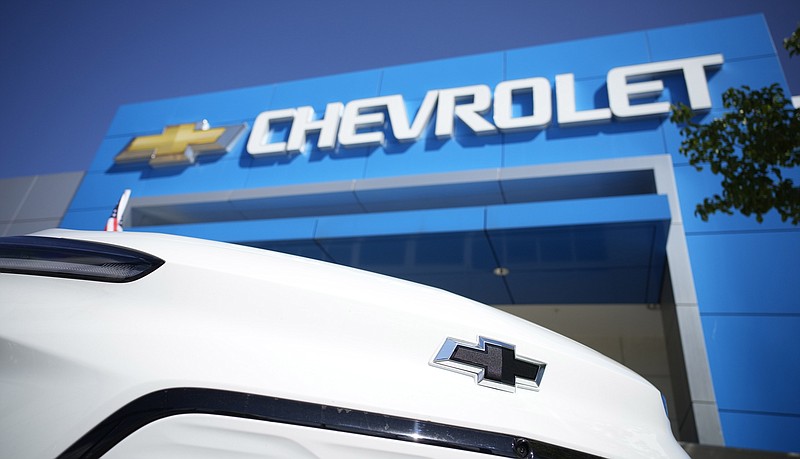General Motors has reached an agreement with its battery-maker supplier over the heavy costs to recall nearly 140,000 Chevrolet Bolt EVs and EUVs globally.
On Tuesday, GM said LG Electronics Inc., which is a division of LG Chem, will reimburse GM for $1.9 billion in costs and expenses associated with the Bolt recall due to manufacturing defects in battery modules that LG supplied.
As a result of the agreement, GM will recognize a recovery in its third-quarter earnings that will offset charges it previously took associated with the recalls, the automaker said.
"LG is a valued and respected supplier to GM, and we are pleased to reach this agreement," said Shilpan Amin, vice president of GM Global Purchasing and Supply Chain, in a statement. "Our engineering and manufacturing teams continue to collaborate to accelerate production of new battery modules and we expect to begin repairing customer vehicles this month."
GM is partnered with LG in a joint venture called Ultium LLC in which they are building two new battery plants to supply batteries to GM's proprietary battery system, Ultium. One plant will be in Lordstown, Ohio, and the other in Spring Hill. Ultium will underpin and power the 30 new EVs GM has promised to launch by mid-decade.
The $2.3 billion Ultium plant in Spring Hill, Tennessee is projected to add 1,300 jobs and was announced in August just a week after LG announced a $1.8 billion settlement of a trade secrets dispute with its South Korean rival SK Innovation to allow SK to proceed with plans for a $2.6 billion battery plant in Jackson County, Georgia, that will supply batteries for the electric-powered ID.4 SUV that Volkswagen in building in Chattanooga.
GM first recalled model years 2017-19 Bolts last November for potential fire risk. But after more parked Bolts caught fire, GM expanded a second recall on the vehicles in August to include 2017-22 model year Bolt EVs and the new EUV, an all-electric compact SUV.
GM said last month that it and LG have found a fix for the problem. Starting this month, the 2017-19 model year Bolt EVs will get five new battery modules, essentially getting an enhanced battery pack. Those repaired Bolts will get an eight-year or 100,000-mile warranty on the new battery pack.
For the 2020-22 models, they will get all new modules, too, unless GM can finish developing software first that will allow it to identify whether they have defective modules that need replacing or not.
GM and LG confirmed the root cause of reported battery fires are two manufacturing defects known as a torn anode and a folded separator. Both defects must be present in the same battery cell for a fire to occur.
So far, GM confirms 13 Bolts have caught fire while parked, causing three injuries. Eleven of those fires were in the U.S.
